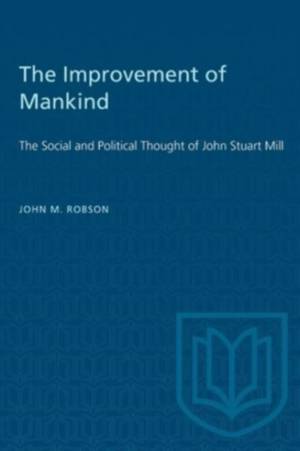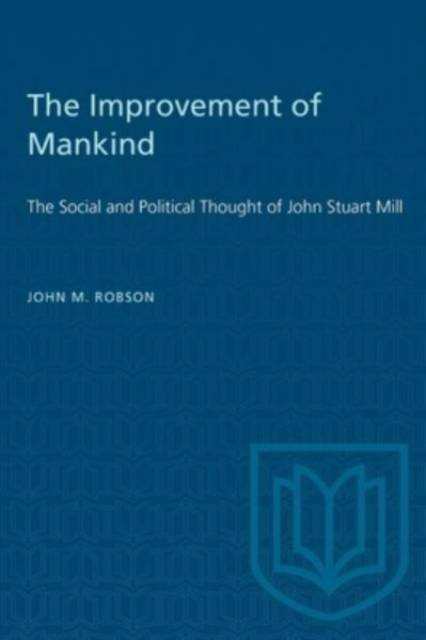
- Afhalen na 1 uur in een winkel met voorraad
- Gratis thuislevering in België vanaf € 30
- Ruim aanbod met 7 miljoen producten
- Afhalen na 1 uur in een winkel met voorraad
- Gratis thuislevering in België vanaf € 30
- Ruim aanbod met 7 miljoen producten
Omschrijving
Although John Stuart Mill is generally and properly known as a philosopher and political economist, his writings actually cover a wide variety of subjects. In this book Professor Robson brings together the most important strands of Mill's thought in an attempt to show that it contains a basic unity of approach, at the heart of which is his ethical system. Mill's ethical position depends on his understanding of the relation between practice and theory, and reflects his own experience, especially his "metal crisis," his appreciation of poetry, and his friendship with Harriet Taylor (who later became his wife). The study brings out the importance of the three phases in Mill's life: his early period of adherence to the ideas of James Mill and Bentham; his period of assimilation of the influences of Coleridge, Carlyle, Comte, and de Toequeville; and finally his period of mature fame, when he published his System of Logic, Principles of Political Government, Utilitarianism, and other works still central in the British liberal tradition and still used as university texts.
Mill's eminence makes his thought important to anyone interested in recent political, social, economic, and philosophical trends; and his life, as his Autobiography demonstrates, has its own fascination for the general reader as well as for the student of the nineteenth century.
Specificaties
Betrokkenen
- Auteur(s):
- Uitgeverij:
Inhoud
- Aantal bladzijden:
- 308
- Taal:
- Engels
- Reeks:
Eigenschappen
- Productcode (EAN):
- 9781487585761
- Verschijningsdatum:
- 15/12/1968
- Uitvoering:
- Paperback
- Formaat:
- Trade paperback (VS)
- Afmetingen:
- 156 mm x 234 mm
- Gewicht:
- 435 g

Alleen bij Standaard Boekhandel
Beoordelingen
We publiceren alleen reviews die voldoen aan de voorwaarden voor reviews. Bekijk onze voorwaarden voor reviews.











